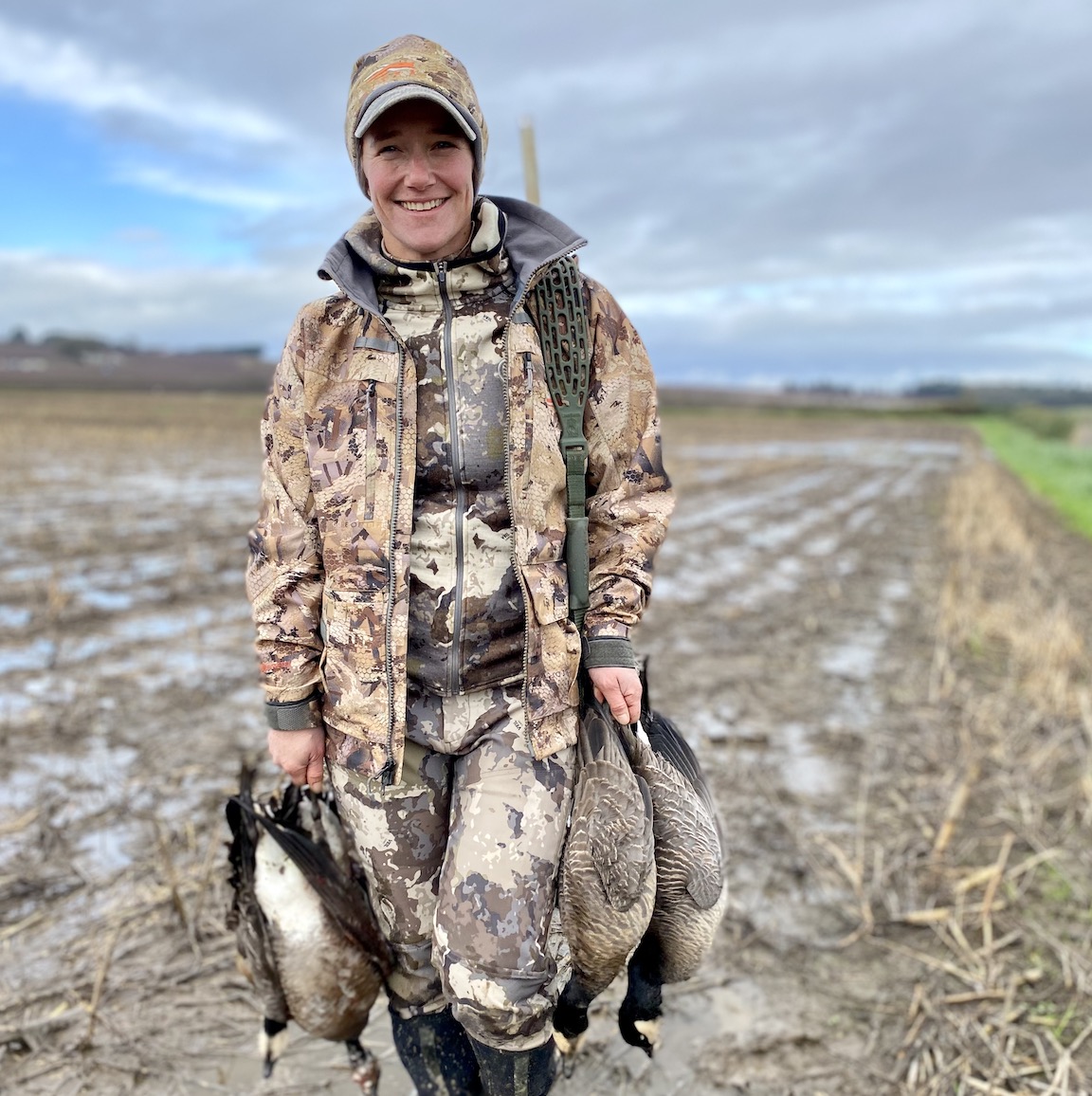Meet Sara Evans-Peters, a Pacific Birds team member who devotes a lot of her time to our Oak and Prairie conservation priority. We asked Sara to tell us a little about herself and how she got involved in conservation.
My family is split – half Bay Area hippies and half Oregon cowboys and this has shaped everything about me and my conservation ethic.
My pursuit for knowledge led me to university in Missoula, Montana, where hippies and cowboys come together to learn. I started out believing strongly in stringent conservation but all that changed with a single short book, Wolf Wars. The book described the 20-year battle fought in the U.S. Congress and courts to bring wolves back to Yellowstone, and it was loudly championed by both conservationists and ranchers. As the author Mark Fischer puts it “Many view the 1995 reintroduction of wolves to Yellowstone National Park as a landmark conservation achievement—one that historians may refer to as the point when Americans changed their attitudes toward large predators. I view it as a poor model for at least three reasons: it took too long, it cost too much, and it left too many people polarized.” This book showed me that conservation is a two-way street. When everyone gives a little, everyone wins, communities thrive, and conservation happens.
When I went to graduate school at Oregon State University and met my husband, hunting became my thing and it was the second pivotal point in building my conservation ethic. Hunters are strong advocates for, and supporters of, conservation. For me, hunting melded my love for the outdoors, my passion for public lands, and my pursuit for clean food. People that love their resources will fall on the floor to protect them.
I now live in the heart of the Willamette Valley and community and family have become my things. Surrounding myself with farmers and ranchers both in work and in my personal life drove home Mark Fischer’s message: compromise is a good path forward. Ranchers and farmers are key to conservation and they bring reason to conservation ethic.
Sharing the outdoors with my girls has been the highlight of my career. The wonder in their eyes when they see an Osprey dive or the joy when they hear migrating geese fuels my passion to figure out ways to conserve what we have, so they can see that joy in their own children’s eyes. My children brought fire to my conservation ethic.
I have been so shaped by the turning points in my life, and I am continuing to learn how people view the land through different lenses. I try to remember these different views in my work with oaks. Acorn Woodpeckers speak to birders, deer speak to hunters, shade speaks to ranchers, and a rope swing speaks to my daughters. My career is about making conservation the rational choice–for generations of families, nature-lovers, hunters, farmers, and birds, to come.

